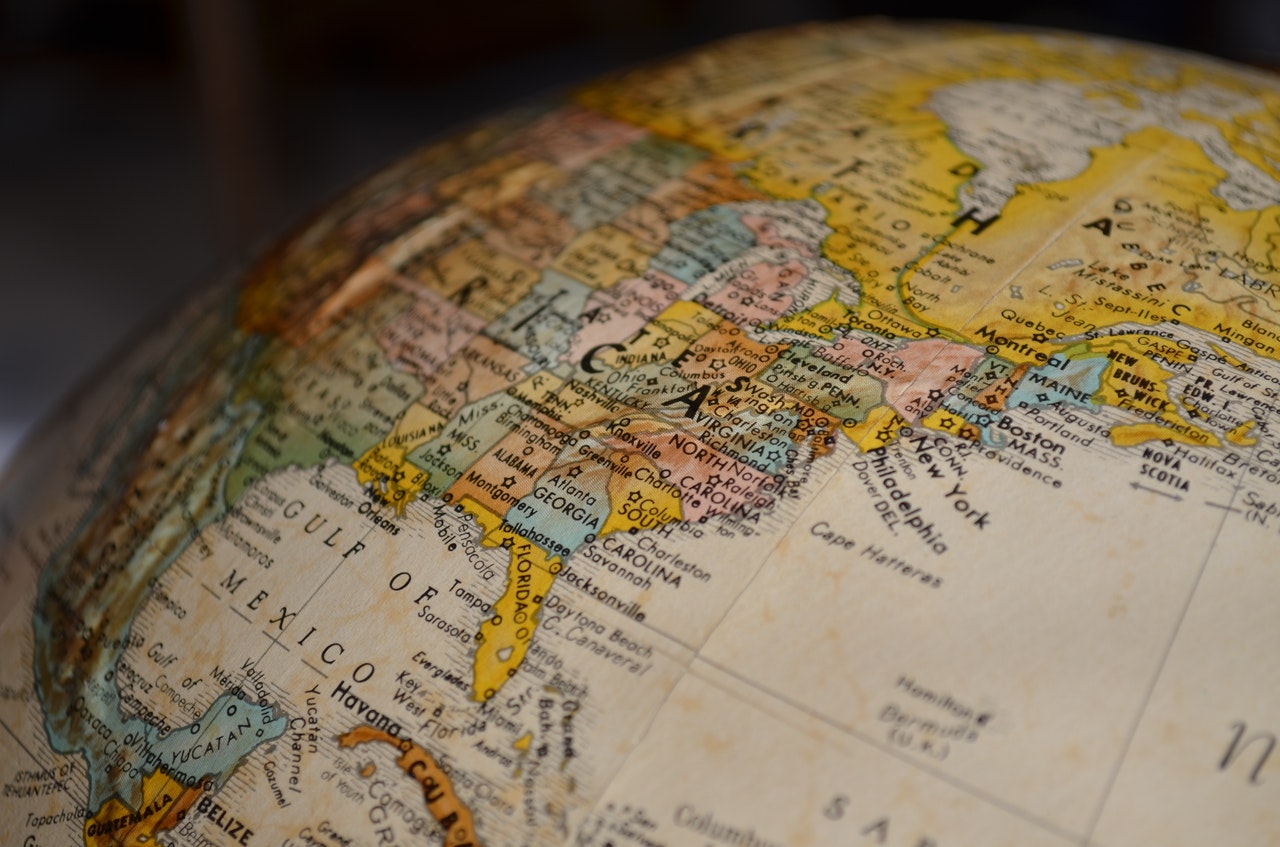Ghizlane Zerzkhane | Staff Writer
Featured image: Panel of professors and politicians gather to deliberate the global migration crisis. | Courtesy of Pexels
The Glendon School of Public Relations and International Affairs hosted a Glendon Global Debate at Glendon Campus on January 18, this time with a focus on global migration. The debate centred around how Canada can reform immigration policies to better accommodate the global migration crisis that affects its citizens today.
Panelists included Idil Atak, associate professor and graduate program director at the Department of Criminology at Ryerson; Anna Purkey, assistant Sociology and Legal Studies professor at St. Jerome’s University; Martin Mark, former director of the Office for Refugees at the Roman Catholic Archdiocese of Toronto; and Celina Caesar-Chavannes, a member of parliament for Whitby and parliamentary secretary to the Minister of International Development and la Francophonie.
Executive Director of the Mosaic Institute, Pamela Divinsky, moderated the debate.
The debate began with an opening statement from Caesar-Chavannes, where she recognized refugees and migrants as being vital to Canada’s economic success. She referenced the conflicts that bring refugees to seek refuge, mentioning how Canadian policy has played a role in improving conditions for refugees.
“Our government has been vocal in ensuring that we have a very feminist foreign policy,” she said, implying Canada’s foreign and immigration policies are progressive in improving the livelihood of refugees and migrants.
Later on, Purkey took to the stand, directing the conversation to the significance of recognizing Canadian immigration policies as being short-sighted and setting barriers for refugees and migrants. She said: “[The migration] crisis is not a crisis of migration, but a crisis of migration management.”
Purkey continued to focus on the way global combat of the migration crisis is limited to “voluntary agreements that impose no legal obligation.”
Atak shared her criticisms on the Canadian approach on refugees and migrants, stating: “Canada has a system that discriminates against refugees and asylum seekers.” She also pointed out that discrimination is often based on cultural suspicion of the refugees and their country of origin.
When Divinsky posed the question of why Canada’s immigration policies aren’t substantial enough to improve the livelihood of refugees, Atak responded by saying: “We’re afraid of our privilege; that’s why we won’t change policies.”
“We need to share our ideas when we come to a different understanding of how our differences are our best asset, and they aren’t something that we need to be afraid of,” Divinsky says.
A York undergraduate student, too, expresses criticism regarding the debate. “I asked to what degree does Canada create refugees, and no one responded to my question,” the student says.
“[This event] was a quite polite chat on whatever we are allowed to discuss on matters of refugees, but nothing when it comes to something we are able to change.
“Being a child of parents who are refugees to two different crises, I didn’t feel my perspective was even allowed in that room.”


